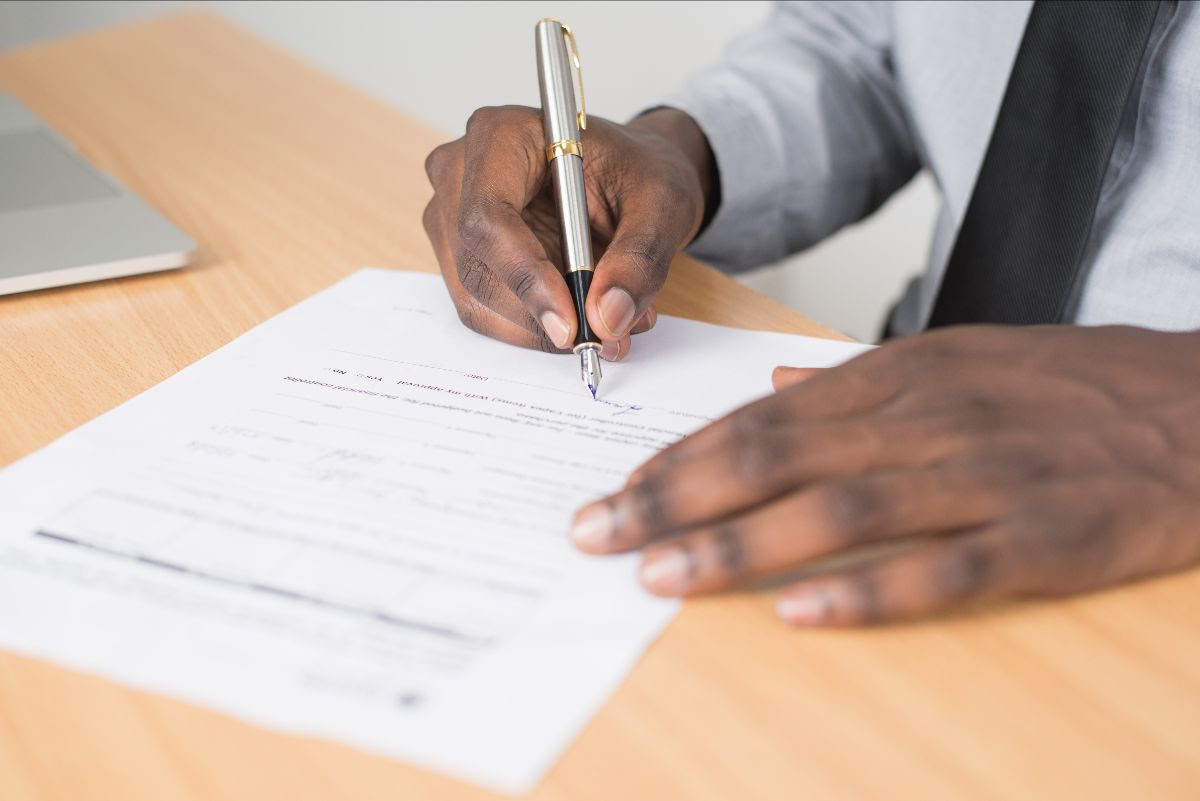11 Documents Every Property Buyer in Ghana Should Know

Having the right property documentation is key to a safe and secure property transaction, especially in markets with high rates of fraud.
In this edition of our guide, we will be providing you with all you need to know about the proper documentation required to purchase a property in Ghana.
- Allotment Letter
An allotment letter is one of the most important documents required for securing financing for a home. It is issued by a developer or housing authority and confirms the property description and details of the amount paid by the buyer. An allotment letter is issued to the first owner of a property, while subsequent owners can request a copy of the original letter from the seller. - Completion Certificate
This document is required to secure a home loan and establishes the fact that the building is constructed according to an approved plan. - Copy of Building Plan
A buyer must acquire a copy of the building plan approved by the statutory body to establish that the construction of the property is legal and is done according to set rules and regulations. - Encumbrance Certificate
An encumbrance certificate is required to prove that the property does not have any legal dues or mortgages pending. It also lists previous transactions related to the property. This is one of the most important documents required by a bank in order to process a home loan. - General Power of Attorney
This document is required in situations where a property is being sold on behalf of the legal owner. It is also required for home loan applications. - Khata Certificate (Extract)
The Khata Certificate, also known as Extract, is required for the registration of a new property or the transfer of ownership of a property. This document proves that a property is listed in the local municipal records and that it has been constructed according to approved plans. Banks also require this certificate in order to process a mortgage application. - Occupancy Certificate
This is a document issued by the local authority to a developer, which indicates that a property is ready to be occupied. - Possession Letter
This is a letter, issued by the property owner/developer, which confirms the date on which the buyer will be granted possession of the property. - Property Tax Receipts
It is important to ensure that there are no outstanding taxes due on a property you wish to purchase. Property tax receipts also help to prove the legal status of a property. - Sale Agreement
The Sale Agreement contains all the details of a property ― the terms and conditions, the possession date, the payment plan, the specifications, the details about common areas and facilities, etc. The agreement also states that the developer is responsible for the construction of the property. - Sale Deed
This is one of the most important documents required, as it confirms that a property is legally owned by the seller. It is issued by the Sub-Registrar’s Office in the area where the property is located.





